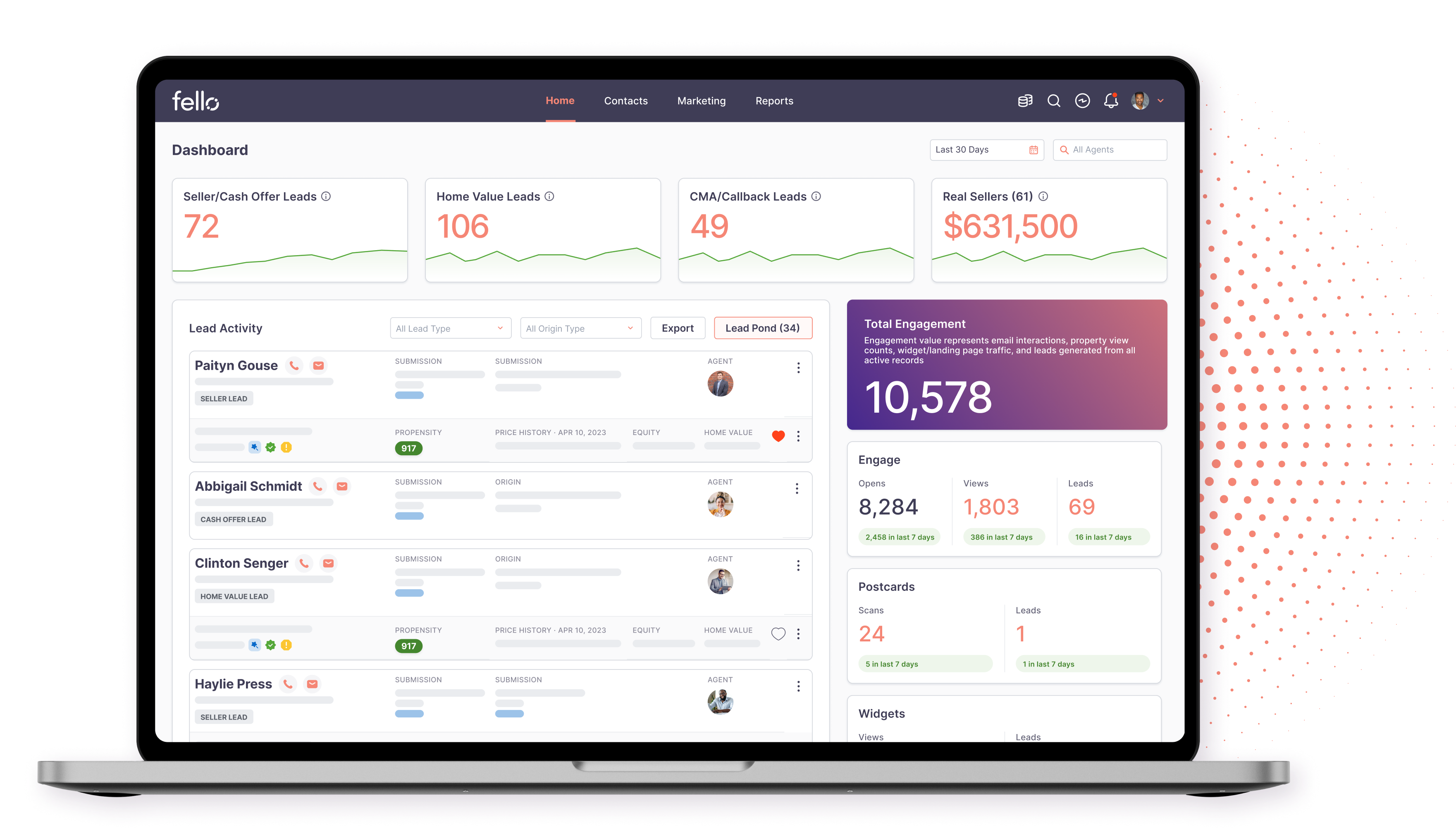Blog Post
Closing Costs and Other Fees Associated With Selling a House

April 4, 2020 written by Ryan Young, CEO of Fello
There are a lot of costs associated with selling your home. Some on the front end, which is getting your house ready for the market.
Then there are costs on the backend, called closing costs. This is the expense of selling your home. Closing costs consist of a few things, including realtor fees if you choose to hire one that's going to facilitate the transaction. These range anywhere from 5% to 7% of the sales price from the net sales price.
On top of that, you have other closing costs that are more relevant to the sale of any property, whether it's with a realtor or not. There are title and escrow costs, a conveyance fee or a transfer tax, which is basically a county transfer tax, that happens at any time you transfer real estate. Some people also choose to have attorneys review and facilitate the closing or the transaction, which is another potential closing cost that comes into account when selling a home.
It’s Not All Standardized
Standardized rates range from county to county or market to market. Some of the things that are pretty common or standard would be closing costs or transfer tax. What is not standard, however, is the title and escrow fees or the attorney review costs, which vary depending on local markets.
Most counties have an auditor's website that conveys to you the actual expense of a sale or the transfer tax that you're going to pay. By calling a real estate professional, title company, escrow company, or real estate attorney, you should be able to get concrete numbers of what the expense of the sale is actually going to be. Depending on the route you go to sell your home, there could be fees that are not part of traditional closing costs.
If you choose to hire a realtor you shouldn't absorb any expenses upfront. Some companies do charge a small retainer, but ultimately the majority of the expenses to marketing a home comes at the expense of the realtor. They are then compensated at closing, in their commission.
If you choose to sell your house yourself, then suddenly you're going to absorb all of the expenses that normally a realtor would incur, which are all of the marketing expenses, professional photos or photographs, using the access to the MLS, as well as access to third-party sites on which you market the home.
However, Fees Are Pretty Standard
It's very rare to avoid being in a position to not have to pay fees associated with selling a home. There might be some kind of unique circumstances where if you're not actually selling the property and you're just transferring the title to a family member. In situations like that, you might avoid some of the expenses.
However, you'll still have to pay a lawyer or an escrow company or title company to do the transfer. In that case, you're not actually physically selling the property, you're just transferring it. In this scenario, you would avoid some of those fees, but you’ll still have to pay expenses to transfer the property title.
One other alternative, which is exceptionally rare, is where the home buyer might agree to cover all of the closing costs involved with a sale. Normally the home seller has the responsibility for the expense associated with selling the property.
Conclusion
When selling a property, you really can't avoid home selling fees. It's just one of those things that it is pretty standard. It would be like going to the store and buying something and figuring out a way to get out of paying sales tax. At the end of the day, it's pretty well regulated.
There will always be a cost to selling your property, so it’s important that you discuss your options with a trusted real estate professional. They will help give you clarity and peace of mind as you navigate through the sale of your home.

Ready to start driving more seller leads on autopilot?

